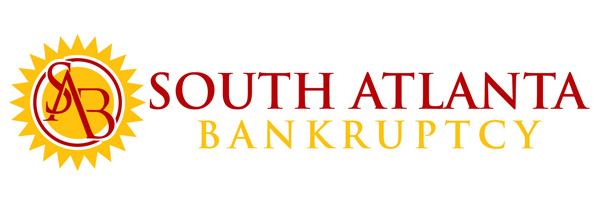If your business is a corporation, then it is a separate legal entity that owns its own assets and owes its own debt. If a business is not incorporated, then all the debt owed and all the assets owned are regarded as personal to the business owner. With this in mind, you may discharge debt that you owe personally in Chapter 7, or you can repay it in full or in part under the usual rules in Chapter 13. However, corporate debt cannot be discharged as to the corporation (except by payment).
A corporation may file its own Chapter 7 bankruptcy, but is ineligible to file a Chapter 13. In a corporate Chapter 7, the “automatic stay” will prevent the continuation of adverse creditor actions until the case can be adjudicated by the court. However, the result is merely an opportunity for an orderly liquidation of assets. Thus, creditor actions are “stayed” merely to allow the Trustee time to sell corporate property to pay creditors. The corporation itself will not receive a discharge.
Consequently, when an individual owns a small corporation, it is common for the individual to file a personal case to relieve himself of personal liability (such as the obligation to pay a personal guarantee on corporate debt). The corporation would continue to owe its debts.

However, it may not have any assets, and may not be doing business anymore. If that’s the case, it’s probably not worth the trouble and expense for a corporation to file its own bankruptcy.
An individual with an incorporated or unincorporated business may file Chapter 13 in his individual capacity. In that case, the stock owned in a corporation is an “asset” (that has some kind ov value) which is disclosed like any other asset. The income earned from the business is treated like income from any other source. To determine “net income” from a business, you have to take into account both gross receipts and business expenses. Thus, I requires more work and is somewhat harder to determine income and expenses in a business case than it is in a case where an individual earns a salary or wages. Income and expenses always play an important role in any kind of bankruptcy. You need to discuss businesses face to face with a lawyer to get a feet of how bankruptcy may or may not help with your specific problems.
